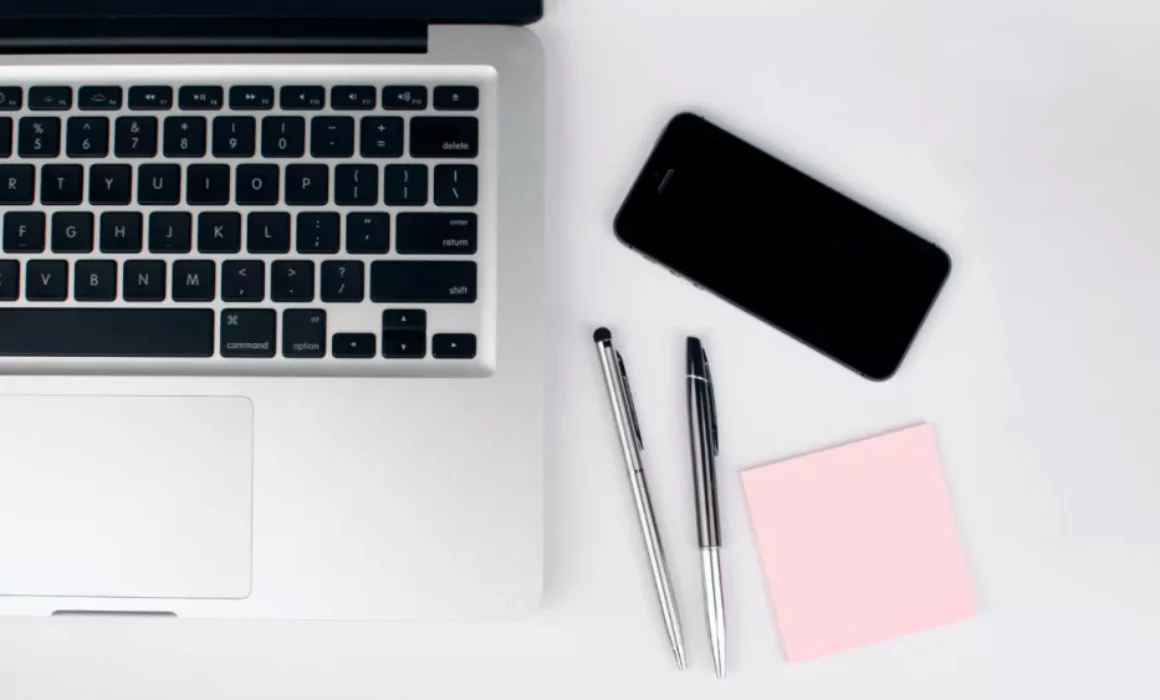
Let's Nail Breast Cancer - Help support our urgent appeal on the 19th - 20th May 2024
Let's Nail Breast Cancer - Help support our urgent appeal on the 19th - 20th May 2024
Let's Nail Breast Cancer - Help support our urgent appeal on the 19th - 20th May 2024
Let's Nail Breast Cancer - Help support our urgent appeal on the 19th - 20th May 2024
Let's Nail Breast Cancer - Help support our urgent appeal on the 19th - 20th May 2024
This article provides some tips on how writing and journaling can help you through your cancer diagnosis.
By Allie Morgan
Cancer treatment can be tough, both physically and mentally. And sometimes, it can feel like no one understands you or what you’re going through.
When I was having chemo as a 14 year old, I found my escape in being able to write for my English GCSE. I wrote about the beach which was where I wished to be, filling the page with details about the smell of fish and chips and the feel of the sand between my toes. When I looked up from my notebook, I couldn’t believe I was still in the coral coloured walls of the hospital – I really felt like I had escaped for half an hour.
I went on to do two degrees in Creative Writing, I loved it that much. I’ve since used writing to help me through some difficult times in my life, including my father’s death from cancer eight years ago. It’s been a form of catharsis for me and a way to work through all my emotions. Now I coach other cancer survivors and use writing as a way of helping them build their confidence once they finish treatment.
Here are my top tips on using writing to help you through your cancer experience:
1) JOURNAL EVERY DAY
One of the first things I do when I wake up is write in my journal. It’s the best time of the day for me to focus and think about what I want the day ahead to hold for me. As an early bird, I’m currently waking up while the mornings are still dark and I find journaling with a cup of tea really helps to set me up for the day ahead.
Try noting down the things you’re grateful for, what you’d love to receive, what you want to focus on and how you want to feel at the end of the day. If you’re feeling nervous about something that’s coming up like an appointment or a work meeting, journal about that too. Nothing is off limits here. Write down how you want to show up, how you’d like the experience to go and what it is you’re nervous about. Seeing it on paper can help you to make sense of it and identify what’s on your mind.
Journaling before you go to sleep is also a good idea. Write down three great things that happened throughout the day – it can be something simple like going for a walk. If there’s anything you’re worrying about, note that down too and see if there’s anything you can do about it. Are you able to speak to a doctor or a professional? Can you ask a friend to pick your kids up from school or get some food shopping for you?
Taking just 5 minutes every morning and evening to journal can be a really cathartic experience.
2) USE BLOGGING TO CONNECT WITH OTHERS
Blogging can seem like a scary experience – (after all, you’re putting your story out there to the world!) – but it can also help you to connect with others who are in the same boat.
I used blogging to share my tips with others to help them through their cancer treatment. Sharing my posts on my social media channels helped me to find other cancer survivors who had been through similar experiences.
Blogging can also be a great way of giving your family and friends updates without having to speak to everyone individually, which can be exhausting when you’re going through cancer treatment.
If you don’t want to make your blog public, share the link to it with a select number of people who can receive updates on how you’re doing without you having to repeat yourself 20 times.
3) FREEWRITING CAN HELP YOU TO SEE WHAT’S REALLY ON YOUR MIND
This has come in handy for me so many times.
Freewriting is writing without any restrictions. Forget grammar, punctuation, spelling – just set a timer for 5 or 10 minutes and write whatever comes to mind, almost like a stream of consciousness.
You might find this easier to do on a computer than by hand, but either way, it can be a really helpful way of finding out what your deep worries, thoughts or motivations are.
See what comes up for you by letting your mind run free.
4) WRITE A LETTER TO YOUR FUTURE SELF
When you’re in the midst of cancer treatment, it can be hard to see light at the end of the tunnel but writing a letter to your future self can help you to focus on things to look forward to.
Start by finding a quiet spot where you can visualise how life will look in a month’s time, three months’ time or five years’ time – whatever length of time you choose. Think about what sort of things you’d like to tell your future self, what they have to look forward to or what they might be up to. What are your priorities now and what might they be in the future? What are your goals? What is important to you?
Write down everything you’d like to say to the future you and store the letter away. Or use a website like futureme to have it emailed to you on the date you choose.
This can be such a powerful way of uncovering what your aspirations are and focusing your mind on the future ahead of you.
5) WRITE CREATIVELY AS A FORM OF ESCAPISM
Staring at the same four walls can be so uninspiring but creative writing helps you to kick your imagination into gear and escape the monotonous routine of treatment.
Think about your favourite place and really try to picture yourself there. What can you see? What can you hear? When I wrote about the beach, the things that stood out to me were the sound of the seagulls, the smell of fish and chips, the music coming from the fairground and the grittiness of the sand between my toes.
I also find that when I write creatively, whether it’s a poem or a short story, my characters sometimes experience similar situations to me and I’m able to work through my own problems indirectly through them. How would this character react to this situation? And how does that help me to work through that situation?
About the author
Having had cancer at a young age, as a adult Allie trained as a Confidence Coach and she worked with cancer survivors and those with chronic illnesses. After overcoming bone cancer at the age of 14, Allie knew that the end of treatment could be a difficult time for a lot of cancer patients and wanted to offer support for those finding it tough to get back into ‘normal’ life. Through her use of confidence-building techniques, Allie helped to make those who have suffered from serious or chronic illness to feel empowered, and able to write the next chapter of their life. Allie no longer practices as a coach but is living her life to the full, embracing everything she learnt during her time as a coach.
Further information
Future Dreams hold a range of support groups, classes, workshops and events to help you and your carers during your breast cancer diagnosis. These are held both online and in person at the London-based Future Dreams House. To see what’s on offer and to book your place, see here.
To return to the homepage of our Information Hub, click here where you can access more helpful information, practical advice, personal stories and more.
Reviewed October 2023
The information and content provided in all guest articles is intended for information and educational purposes only and is not intended to substitute for professional medical advice. It is important that all personalised care decisions should be made by your medical team. Please contact your medical team for advice on anything covered in this article and/or in relation to your personal situation. Please note that unless otherwise stated, Future Dreams has no affiliation to the guest author of this article and he/she/they have not been paid to write this article. There may be alternative options/products/information available which we encourage you to research when making decisions about treatment and support. The content of this article was created by Allie Morgan and we accept no responsibility for the accuracy or otherwise of the contents of this article.
Share

Support awareness research
Donate to those touched by BREAST cancer
Sylvie and Danielle began Future Dreams with just £100 in 2008. They believed nobody should face breast cancer alone. Their legacy lives on in Future Dreams House. We couldn’t continue to fund support services for those touched by breast cancer, raise awareness of breast cancer and promote early diagnosis and advance research into secondary breast cancer without your help. Please consider partnering with us or making a donation.



